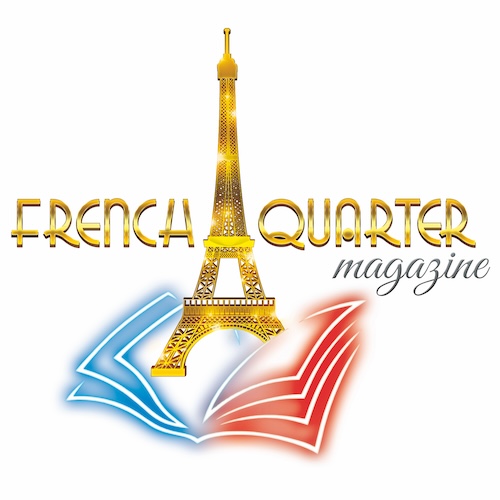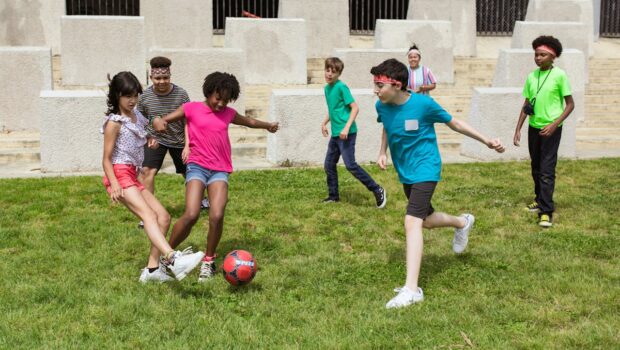Education Across Borders: Contrasting the USA and France
Education systems worldwide vary significantly, reflecting social, cultural, and historical contrasts. An examination of the instructive methodologies of the US and France uncovers unmistakable philosophies and methodologies. These distinctions influence everything from curriculum design to teaching techniques and social perspectives toward schooling. Understanding these varieties is significant for anybody exploring the educational scenes of these two countries.
Structure and Organization
The organization of the school system varies in a general sense between the USA and France. In the US, training is decentralized, with each state answerable for its educational program principles and financing systems. This decentralization brings about critical variety in the quality and content of training across states. Conversely, France has a profoundly incorporated school system, supervised by the Ministry of National Education. This centralization guarantees consistency in educational program guidelines and teaching procedures from one side of the country to the other, even though it can restrict adaptability and flexibility to local necessities.
Classic Teaching Methods
Instructing strategies in the USA and France also vary fundamentally. In American homerooms, there is a more noteworthy accentuation on student-centered learning and intelligent educating strategies. Instructors frequently utilize various methodologies, including group work, projects, and hands-on activities, to engage pupils and advance dynamic cooperation. Conversely, French homerooms normally follow a more customary, educator-focused approach, with an accentuation on lecture-style teaching and rote memorization. While this approach might encourage discipline and scholarly accomplishment, it can sometimes stifle creativity and critical thinking skills.
Popularity of New Methods
As of late, there has been a developing interest in alternative instructive strategies in both the USA and France. One such strategy gaining popularity is the Montessori method, which accentuates involved, experiential learning, and individualized guidance. Montessori schools in the two nations stand out enough to be noticed for their imaginative way of dealing with youth training, zeroing in on encouraging freedom, inventiveness, and an affection for learning. Parents interested in exploring this approach for their children can find excellent Montessori toys for 1-year-olds to support their development and engagement in the learning process.
Curriculum Emphasis
One more key contrast lies in the accentuation put on various subjects inside the educational program. In the US, there is a strong focus on expansive and all-encompassing schooling, with an accentuation on creating decisive reasoning abilities, imagination, and individual articulation. This approach frequently incorporates a great many extracurricular exercises and electives to take special care of different interests. Conversely, the French school system puts a more prominent accentuation on scholarly meticulousness and specialization from the beginning. The educational program is exceptionally organized, with an emphasis on core subjects like math, science, writing, and reasoning, aiming to provide students with a strong foundation in these areas.
Assessment and Grading
The techniques for appraisal and reviewing likewise fluctuate between the two nations. In the US, evaluation will in general be more persistent and all-encompassing, with an accentuation on surveying pupils’ general comprehension and progress through a mix of tests, projects, presentations, and class participation. Grades are often based on a mix of objective standards and subjective assessments by the educator. However, the French schooling system depends heavily on standardized testing, especially the baccalauréat exam, which decides students’ qualifications for advanced education. This exam places a strong emphasis on memorization and academic performance in specific subjects.
Cultural Attitudes Towards Education
Lastly, social perspectives towards schooling contrast between the USA and France, reflecting more extensive cultural qualities and needs. In the US, schooling is often seen as a means of personal and social advancement, with an accentuation on individual accomplishment and development. There is also a strong emphasis on inclusivity and diversity in schooling, with endeavors to accommodate students from diverse backgrounds and learning styles. However, education in France is often viewed as a tool for maintaining social cohesion and transmitting cultural values. Scholarly achievement is exceptionally valued, and there is a strong emphasis on meritocracy and intellectual achievement.
In conclusion, while the schooling systems of the USA and France share a few objectives, for example, preparing students for success in an increasingly globalized world, there are massive contrasts in their ways of thinking, designs, and techniques. Understanding these distinctions is fundamental for teachers, policymakers, and guardians trying to explore the intricacies of current education and provide the best possible opportunities for the next generation.
Header image source click here























Merci pour votre commentaire intéressant, Annick ! Désolée pour la réponse tardive. Nous avons dû restructurer notre équipe. Nous sommes…